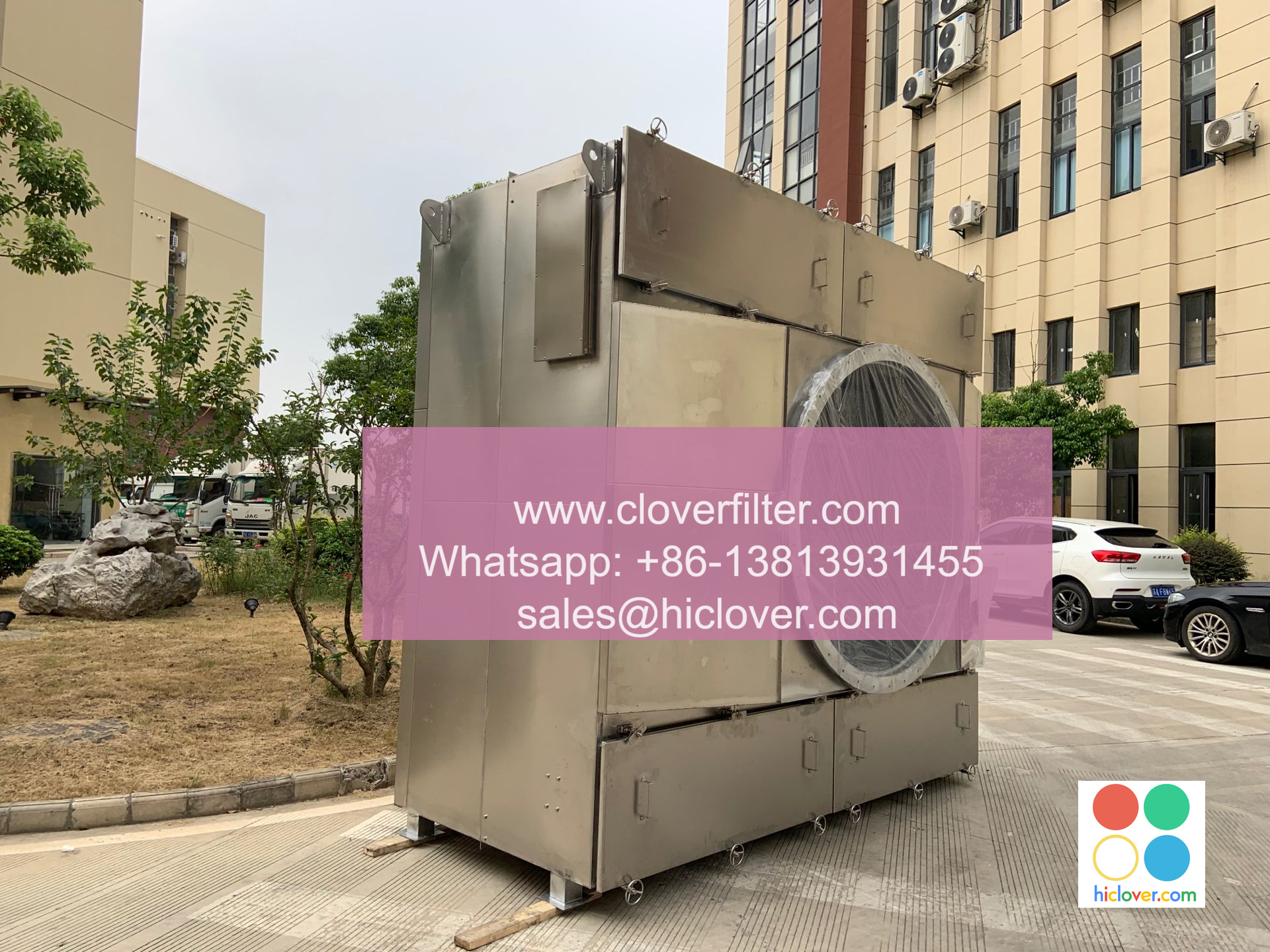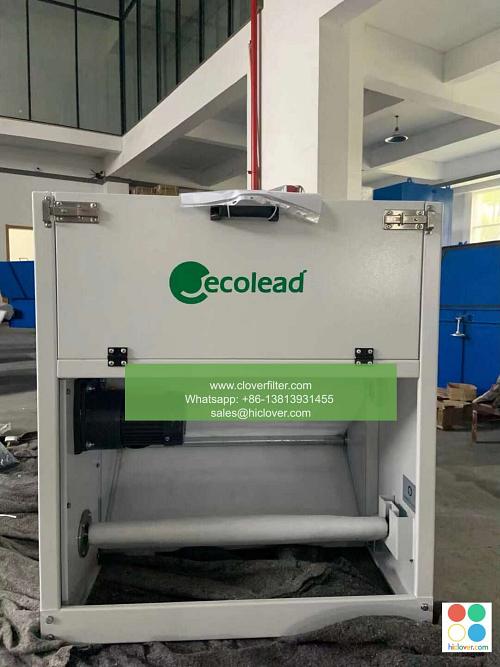Air Conditioning System Design: Importance of Filter Selection

The design of an air conditioning system is a crucial aspect of maintaining a comfortable and healthy indoor environment. One of the key components of an air conditioning system is the filter, which plays a vital role in removing impurities and contaminants from the air. In this article, we will discuss the importance of filter selection in air conditioning system design, highlighting various application areas and key considerations.
Introduction to Air Conditioning System Design
Air conditioning system design involves a comprehensive approach to creating a comfortable and energy-efficient indoor environment. The system consists of several components, including the compressor, condenser, evaporator, and filter. The filter is responsible for removing dust, pollen, bacteria, and other impurities from the air, improving indoor air quality and reducing the risk of health problems.
Importance of Filter Selection
Filter selection is a critical aspect of air conditioning system design, as it directly impacts the performance and efficiency of the system. A well-designed filter can improve indoor air quality, reduce energy consumption, and extend the lifespan of the system. Conversely, a poorly designed filter can lead to reduced system performance, increased energy consumption, and decreased indoor air quality.
Key Considerations in Filter Selection
When selecting a filter for an air conditioning system, several key considerations must be taken into account. These include:
* Filter Type: The type of filter used can significantly impact system performance. Common types of filters include HEPA filters, activated carbon filters, and pleated filters.
* Filter Efficiency: The efficiency of the filter is measured by its ability to remove impurities from the air. A higher efficiency filter can provide better indoor air quality, but may also increase energy consumption.
* Filter Size and Shape: The size and shape of the filter must be compatible with the air conditioning system, ensuring proper fit and optimal performance.
* Filter Maintenance: Regular maintenance of the filter is essential to ensure optimal system performance. This includes cleaning or replacing the filter as recommended by the manufacturer.
Application Areas of Air Conditioning System Design
Air conditioning system design and filter selection are crucial in various application areas, including:
* Commercial Buildings: Large commercial buildings require complex air conditioning systems to maintain a comfortable indoor environment. Proper filter selection is essential to ensure optimal system performance and indoor air quality.
* Residential Homes: Air conditioning systems in residential homes must be designed to provide a comfortable and healthy indoor environment. Filter selection is critical in removing impurities and contaminants from the air.
* Industrial Facilities: Industrial facilities require specialized air conditioning systems to control temperature and humidity levels. Filter selection is vital in removing impurities and contaminants from the air, ensuring a safe and healthy work environment.
* Healthcare Facilities: Healthcare facilities require highly specialized air conditioning systems to maintain a sterile and healthy indoor environment. Filter selection is critical in removing impurities and contaminants from the air, reducing the risk of infection and illness.
Conclusion
In conclusion, filter selection is a critical aspect of air conditioning system design, impacting system performance, efficiency, and indoor air quality. By considering key factors such as filter type, efficiency, size, and maintenance, designers and engineers can create optimal air conditioning systems for various application areas. Whether it’s a commercial building, residential home, industrial facility, or healthcare facility, proper filter selection is essential to providing a comfortable, healthy, and energy-efficient indoor environment. Air conditioning system design and filter selection are crucial in maintaining a high level of indoor air quality, reducing the risk of health problems and energy consumption. You haven’t provided a question or topic for me to address. Please provide more context or information so I can give you a helpful response. What would you like to talk about?

